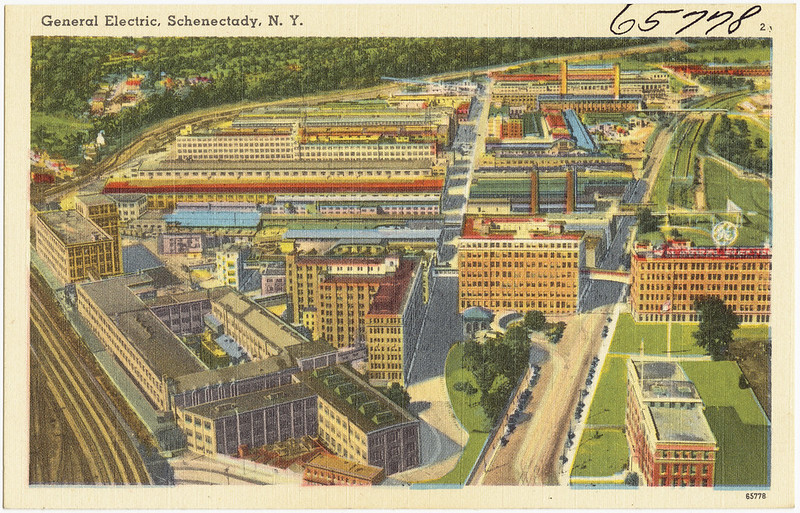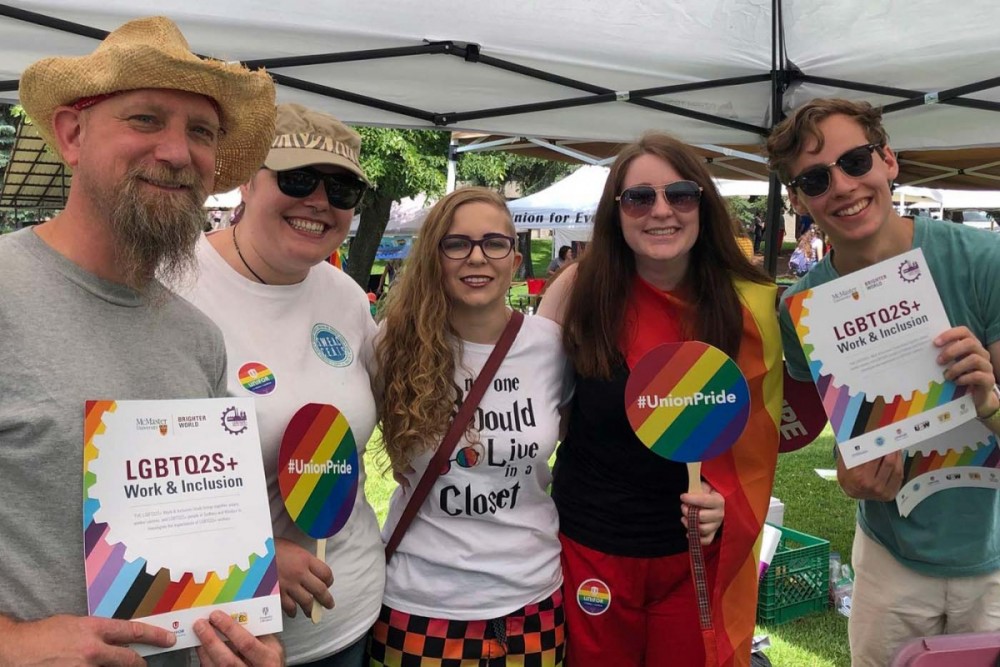
An Uber driver once told me he keeps a gun under his seat because “Uber doesn’t have my back”. Another was told by a customer that he should “go back to his own country”. Yet another was punched in the back of his head while driving.
Anyone who has ever worked a customer service job knows that customer abuse against workers is rampant; one study found that, on average, call center workers interact with abusive customers more than ten times a day. The gig economy is no exception.
Yet if platform workers are “their own boss”, why are they subjected to constant customer abuse? And why does this issue seem to be getting worse over time?
Continue Reading…








